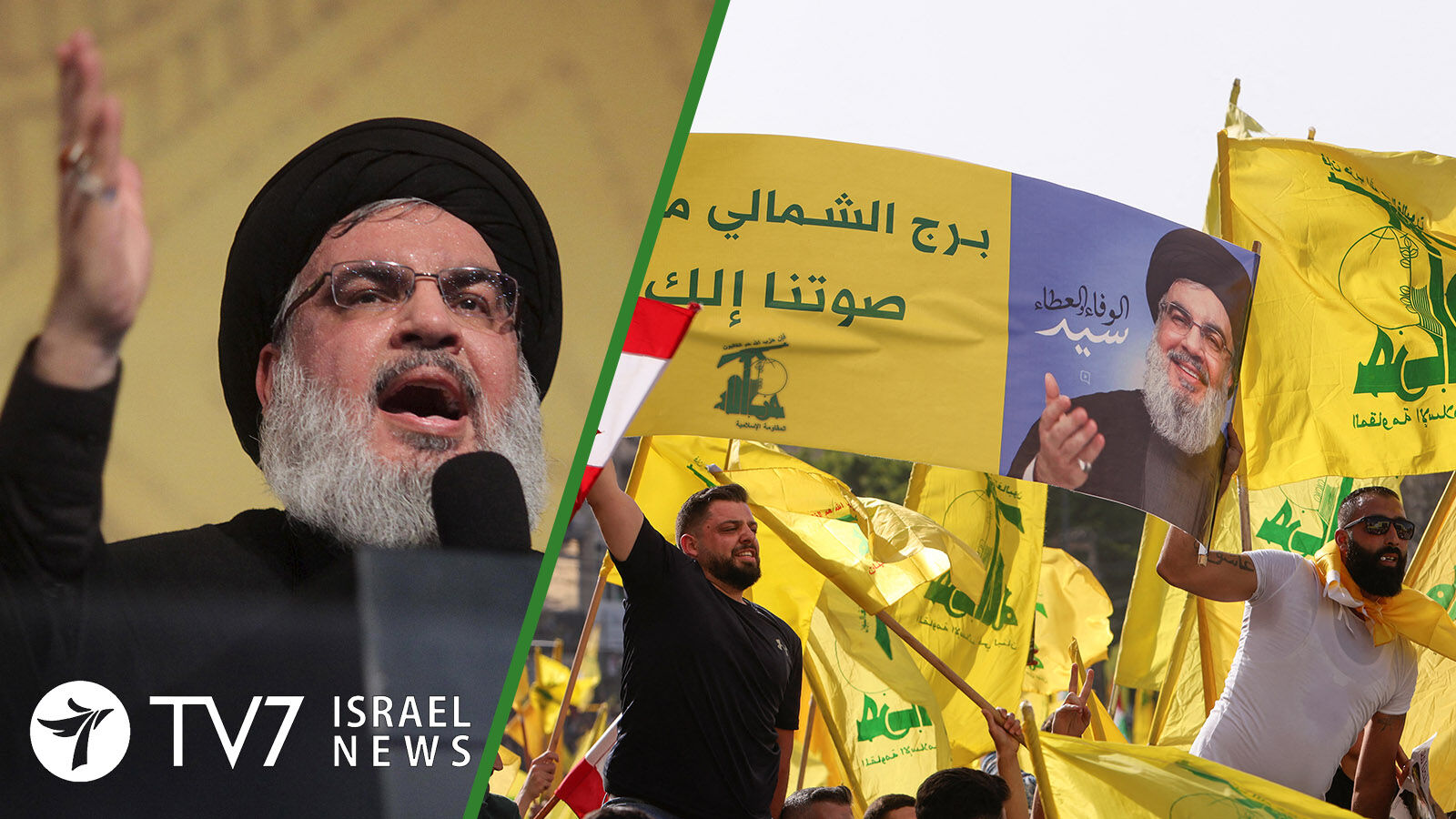Former Lebanese Prime Minister Saad al-Hariri announced his decision to withdraw from politics.
By Erin Viner
The move by the longtime leader and figurehead of the Sunni Muslim community is a scion of a political dynasty that included the holding of the premiership by his father, Rafik al-Hariri, who was assassinated in 2005.
The stakes are high in Lebanon’s critical 15 May election. The Sunni Muslim community is one of the country’s main groupings and one of the only traditional counterweights to Hezbollah – the powerful Iranian-backed Shi’ite terror group.
Hariri’s departure has thrown the political landscape into disarray, affording one of its main rivals, the heavily-armed Hezbollah movement, an opportunity to cement power over a divided country that is sinking into poverty.
Lebanon’s Sunni vote has been fragmented, leaving many who say they will abstain from casting their ballots.
“I won’t vote for anyone,” Sunni activist Abdallah al-Rahman of the northern city Tripoli told Reuters. Fellow Sunni resident Rami Harrouq also told the news agency, who lives in the Hariri stronghold of Bab al-Tebbaneh, that he will not be participating either. “We carry a lot of resentment against politicians – especially in Tripoli. These last two years have been full of misfortune for us,” he said, adding, “Of course I won’t vote.”
The gap left by high abstentions by Sunnis could further bolster the grip on power by Hezbollah and its Shi’ite allies, who collectively won 71 of 128 seats when Lebanon last went to the polls in 2018.
“Because of what Saad Hariri did, Hezbollah now has two-thirds of the parliament within its sights,” said Ibrahim al-Jawhari, a political analyst who served as an adviser to then-Prime Minister Hariri, referring to the threshold that would shield the group and its allies from vetoes.
Sunnis and Shi’ites are estimated to account for just under a third of the population each, with Christians making up an estimated 40%. Under Lebanon’s confessional electoral system, candidates cannot run as individuals but must run according to denominational lists.
The terror group could wield more sway over presidential elections later this year, as well as badly-needed economic reform bills required by the International Monetary Fund, and even permit it to add amendments to the country’s constitution.
Hezbollah gains could also isolate Lebanon at a time when it desperately needs international support. At least 75% of the population is estimated to live below the poverty line amid an economic meltdown that many people blame on political paralysis and corruption.
Hezbollah commands a paramilitary wing that many believe holds a more potent arsenal than the national army, that effectively already controls a “state within a state.”
A win by the movement would no doubt reverberate far beyond the nation of about 7 million people.
Israel, Lebanon’s neighbor to the south, views the Iranian proxy as a major national security threat; and fought against one another in the 2006 Second Lebanon War.
19 countries abroad, including Israeli, the United States, United Kingdom and much of Europe, have officially classified Hezbollah as a terrorist organization.
If Hezbollah was to make gains in the coming vote, the political shift would also heighten influence over Lebanon by Iran, which is waging a proxy battle with Sunni arch-rival Saudi Arabia across the Middle East. Nuclear advancements by the Islamic Republic also leaves it at odds with Israel, the US and most of its former partners in the defunct 2015 Joint Comprehensive Plan of Action.
